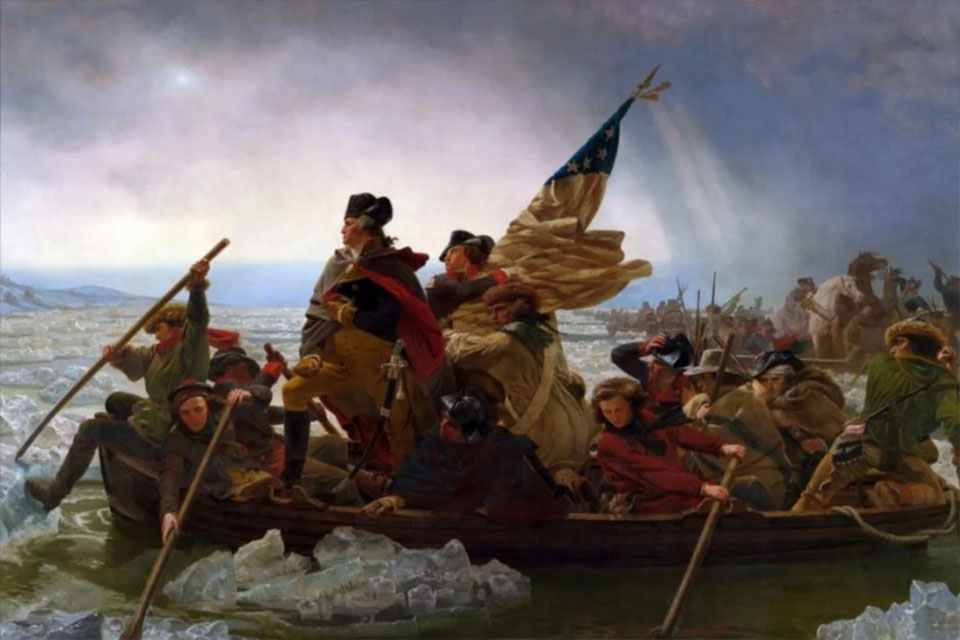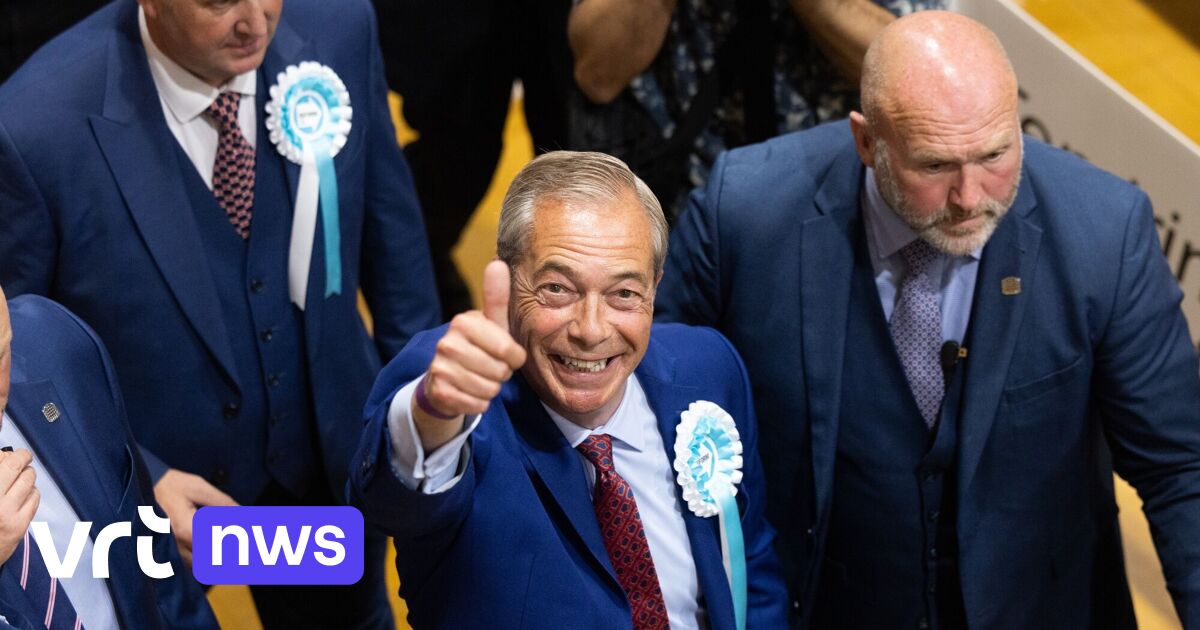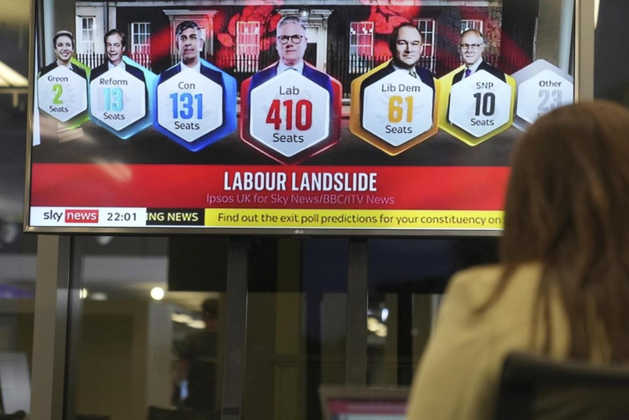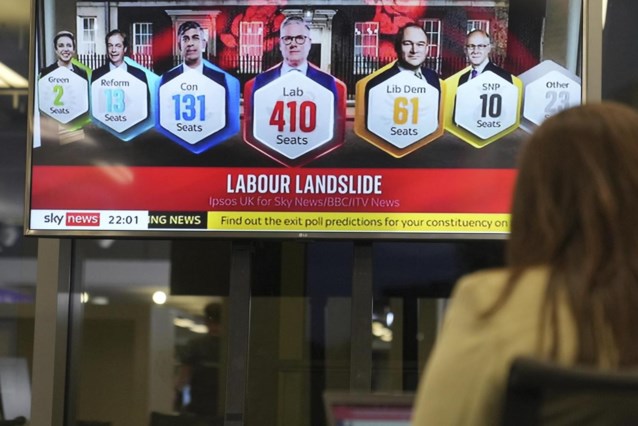The American Revolution, we are taught, was fought over because of Britain’s undemocratic tax laws. Duties on tees, among other things, were levied without the involvement of British settlers, according to: founding father father new republics attack on their rights as British subjects. The armed conflict that followed resulted in the emergence of a new state.
But this nation, born of an aversion to illegal interference by outsiders, had to face a minor uprising from the revolutionary air during its first presidential term.
Hamilton
In the late 18th century, the United States was not the vast country it is today. The western border of the republic of the United States was in what is now the east of the country. For example, northeastern Pennsylvania, one of the original thirteen British colonies, was a western “frontier state” with “unincorporated territory” west of the new state.
As a result of their revolutionary war, the United States was burdened with enormous debt in 1791. Alexander Hamilton, founding father and at that time President George Washington’s Treasury Secretary decided that further tariff increases, the traditional model for federal income, were no longer tenable.
whiskey tax
Federal income taxes are politically and constitutionally difficult, so the Washington administration must find other sources of revenue. Hamilton was taxed on alcoholic beverages, such as the increasingly popular whiskey. The ‘whiskey tax’, as it was known, forced liquor producers to pay taxes which could be paid per liter or at a fixed rate.
For an eastern major drink, this is only a minor annoyance. In the west of the country, on the other hand, on the frontier (frontier), where small farmers turned their excess grain into the chocolate drink of the gods, the whiskey tax was despised. For large producers who can transfer lump sums to the federal government, the tax per liter is much lower than for small farmers who produce only small amounts. The regressive nature of the tax is compounded by an additional factor. Whiskey sold much cheaper in the money-poor western frontier than in the richer and more populous east.
Rebellion
It goes without saying that frontier farmers were unhappy with Hamilton’s budget plan. Opponents of the whiskey tax used the tactics and symbolism of the American Revolution. Examiners and taxpayers are treated with tar and feathers (tar and feathers) broken and dirty. Residents of the western border area petitioned against the taxation. When that failed, some of them convened a meeting to formalize the organization against federal policies and advocate for the abolition of an institutional foundation.
In August 1792, such a meeting was held in Pittsburgh, Pennsylvania, to form an opposition to the whiskey tax. Extremists dominate convention and make radical demands. As some of them had done during the American Revolution, they raised the “freedom pole,” formed a “correspondence committee,” and took over the local militia. An extrajudicial court is established and debt collection lawsuits are discouragedright
Tax proponents argue that there is a difference between unrepresented taxation in colonial America (taxation without representation, which the British did) on the one hand, and the taxes introduced by the elected representatives of the American people on the other. An excellent argument, but one that left little impression on the border adventurers.
Independence
On August 1, 1794, Braddock’s Field gathered: about 7,000 Americans gathered that day. Apart from the small whiskey distiller, the crowd was mostly made up of the landless poor. Anger over the whiskey tax has sparked other economic grievances. The protests thus became class demonstrations of the geographically and economically marginalized lower classes against the richer landowners and merchants.
There has been much talk of a declaration of independence and subsequent affiliation with Spain or Britain. The radicals waved a specially designed six-striped flag, one for each “county” represented at the gathering.
George Washington
In Philadelphia, then the capital of the United States, Alexander Hamilton and George Washington looked on with concern. From the start of the rebellion, the Treasury Secretary supported military intervention to explain to citizens in various states that the new federal government would not hesitate to enforce its new legislative powers. An example will be made of ‘whiskey rebels’.
And so it happened. Washington goes to war against will be revolutionaries in western Pennsylvania. The plan is simple. He would terrify the rebels with overwhelming force and thus avoid armed conflict. shock and aweIndeed, after the heroes of the American Revolution marched through Pennsylvania leading 13,000 militia members, most of the troublemakers surrendered. The whiskey mutiny ends without a fight between the Washington-driven army and the rebels (no chance)right
While the violent opposition to the whiskey tax ended, the political opposition to the tax persisted. Domestic tax opponents gathered around Thomas Jefferson’s candidacy and helped him defeat President John Adams in the 1800 election. In 1802, taxes were abolished. What is impossible by extra-legal means, turns out to be possible through constitutional means: elections.

“Hipster-friendly creator. Music guru. Proud student. Bacon buff. Avid web lover. Social media specialist. Gamer.”







